Organic Certification
Organic is a labeling term for food or other agricultural products that have been produced according to USDA organic regulations. All organic crops and livestock must be raised in a production system that emphasizes protection of natural resources; plant and animal health; preventative management of pests, diseases, and predators; and compliant use of allowed materials.
Farmers pursue organic certification for a variety of reasons, such as personal belief in the benefits of organic production standards, a dislike of conventional pesticides, or to distinguish their products and gain a marketing edge. There are many benefits to organic certification, and these practical resources will help outline the process of achieving organic certification and maintaining organic standards in production, processing, and marketing.
Organic Standards are subject to revision or amendment. Check the National Organic Program (NOP) website for the most current version of the rules.
Related Topics
Staff Expert

Nina Prater
ATTRA - Sustainable Agriculture

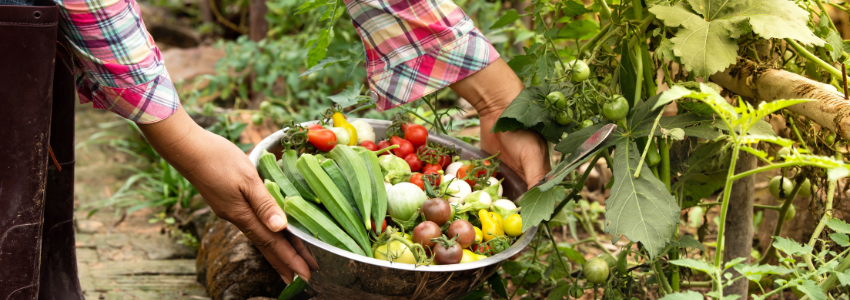
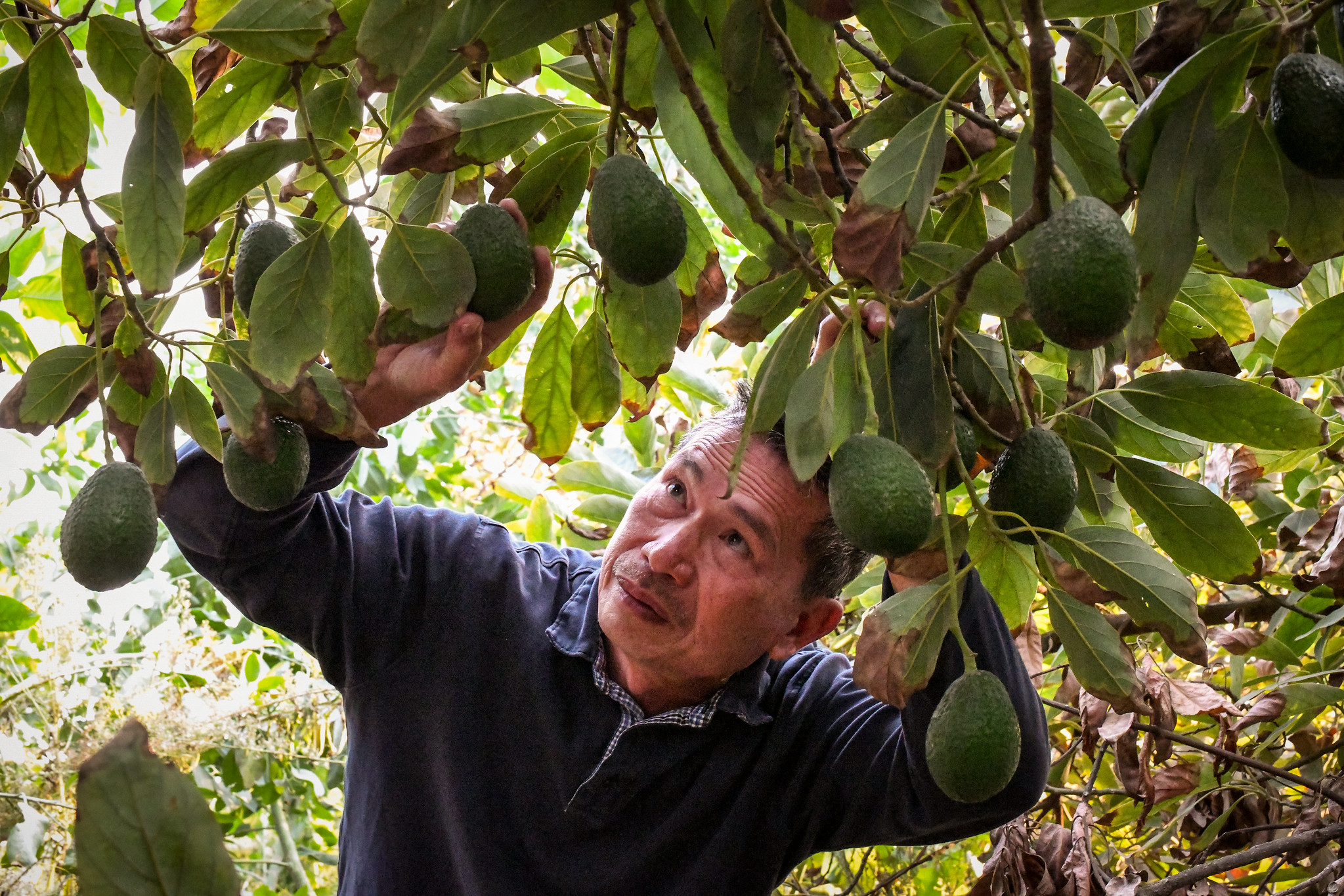

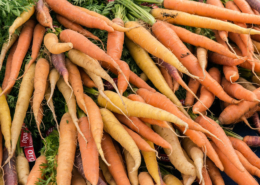 USDA Photo by Lance Cheung.
USDA Photo by Lance Cheung.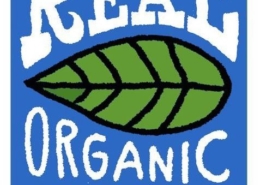

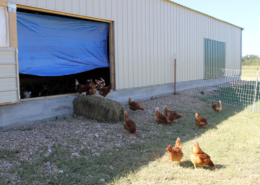
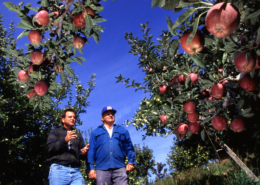



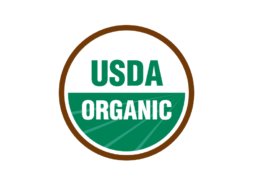


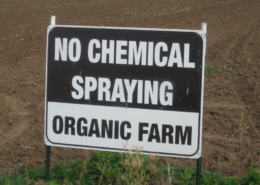
 CanvaPro
CanvaPro Canva Pro
Canva Pro